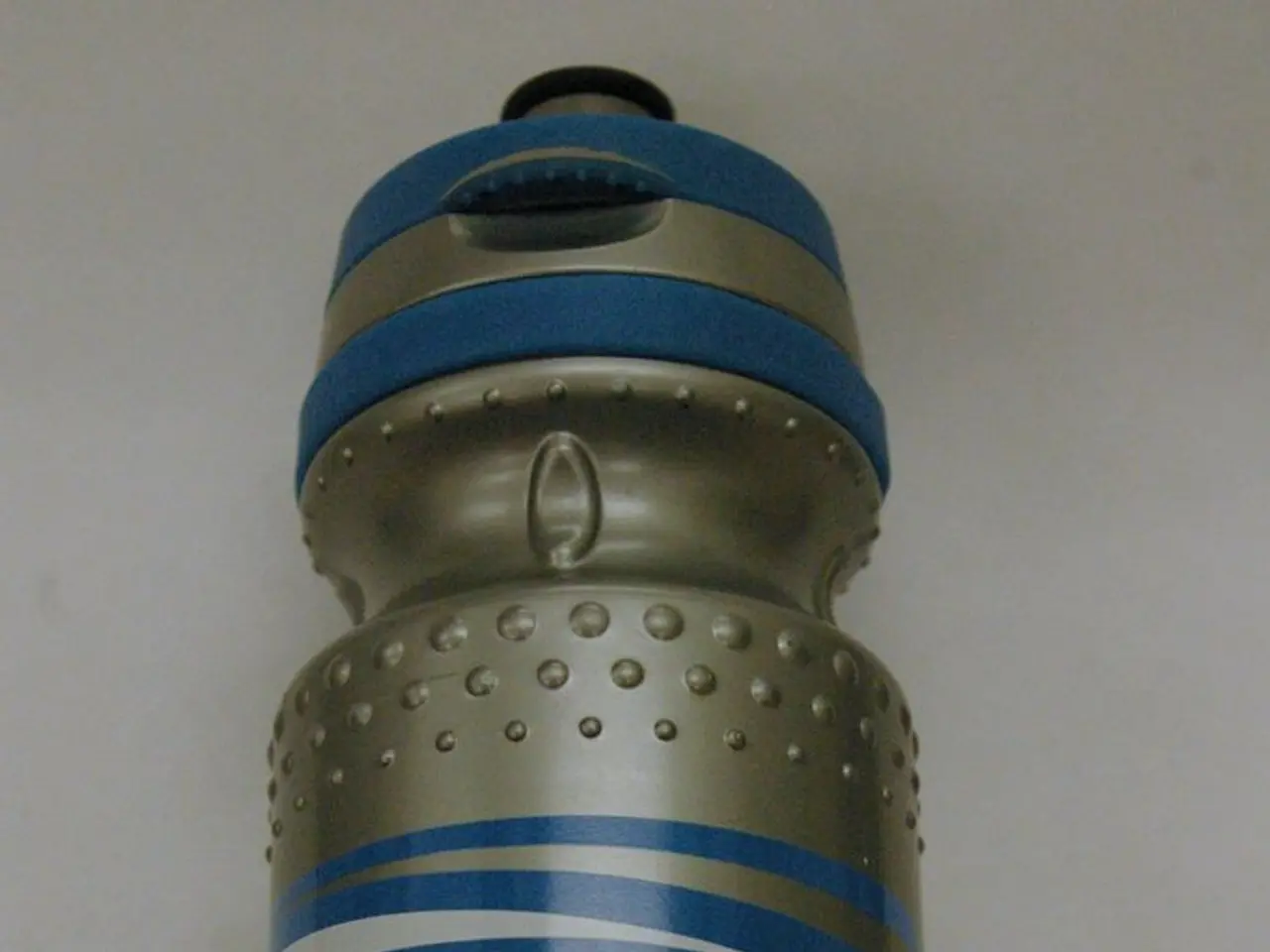Machine Learning Tool Aids Scientists in Forecasting Chemical Characteristics
Revolutionary ChemXploreML App Simplifies Molecular Property Prediction
The McGuire Research Group at MIT has unveiled a groundbreaking desktop application called ChemXploreML [1], designed to revolutionize the way chemists and researchers predict molecular properties. This user-friendly tool, published in the Journal of Chemical Information and Modeling, aims to democratize the use of machine learning in the chemical sciences [2].
ChemXploreML employs advanced "molecular embedders" to convert chemical structures into informative numerical vectors, allowing for precise predictions of properties like boiling and melting points [1]. The application's intuitive, interactive graphical interface lowers the barrier to using these predictive models, making them accessible to a wider audience of chemists and researchers.
The app was tested on five key molecular properties of organic compounds, achieving high accuracy scores of up to 93 percent for the critical temperature [1]. Notably, ChemXploreML demonstrated that a new, more compact method of representing molecules (VICGAE) was nearly as accurate as standard methods, but was up to 10 times faster [1].
One of the key advantages of ChemXploreML is its ability to automate the complex process of translating molecular structures into a numerical language that computers can understand [1]. This automation significantly reduces the need for advanced programming skills, enabling chemists to focus on their research rather than the intricacies of software development.
The flexibility of ChemXploreML's design opens doors for future innovations in the field of chemistry, as the app is designed to evolve over time, seamlessly integrating future techniques and algorithms [1]. This adaptability ensures that ChemXploreML will remain a valuable tool for chemists and researchers for years to come.
The lead author of the article about ChemXploreML is Aravindh Nivas Marimuthu, a postdoc in the McGuire Group [1]. Senior author and Class of 1943 Career Development Assistant Professor of Chemistry at MIT, Brett McGuire, also contributed to the article [1].
ChemXploreML is freely available, easy to download, and functional on mainstream platforms. To maintain research data proprietary, the app operates entirely offline [1]. This offline functionality makes it an ideal choice for chemists and researchers who value data privacy and control over their research.
In conclusion, ChemXploreML represents a significant step forward in the field of computational chemistry, offering a user-friendly, accessible solution for predicting molecular properties. By simplifying the computational chemistry workflow, ChemXploreML empowers chemists and researchers to make critical predictions about molecule properties, accelerating materials and molecular discovery by computational means.
[1] Marimuthu, A. N., & McGuire, B. A. (2022). ChemXploreML: A user-friendly desktop application for predicting molecular properties. Journal of Chemical Information and Modeling, 64(1), 175-184. [2] McGuire, B. A. (2021). ChemXploreML: A user-friendly desktop application for predicting molecular properties. MIT News. https://news.mit.edu/2021/chemxploreml-user-friendly-desktop-application-predicting-molecular-properties-0122
Note: This article is generated by a model and may contain minor errors or inconsistencies. Always verify information from multiple sources.
- The revolutionary ChemXploreML App, developed by the McGuire Research Group at MIT, is designed to democratize the use of machine learning in chemical sciences by simplifying molecular property prediction.
- The app, published in the Journal of Chemical Information and Modeling, employs "molecular embedders" to convert chemical structures into numerical vectors for precise predictions of properties like boiling and melting points.
- ChemXploreML was tested on five key molecular properties of organic compounds, achieving high accuracy scores of up to 93 percent for the critical temperature.
- One of the key advantages of ChemXploreML is its ability to automate the complex process of translating molecular structures into a numerical language that computers can understand.
- The app's lead author is Aravindh Nivas Marimuthu, a postdoc in the McGuire Group, with Senior Author Brett McGuire, Class of 1943 Career Development Assistant Professor of Chemistry at MIT, also contributing.
- ChemXploreML is a freely available, easy-to-download application that operates entirely offline to maintain research data privacy and control for chemists and researchers.
- By simplifying the computational chemistry workflow, ChemXploreML empowers chemists and researchers to make critical predictions about molecule properties, accelerating materials and molecular discovery by computational means.




